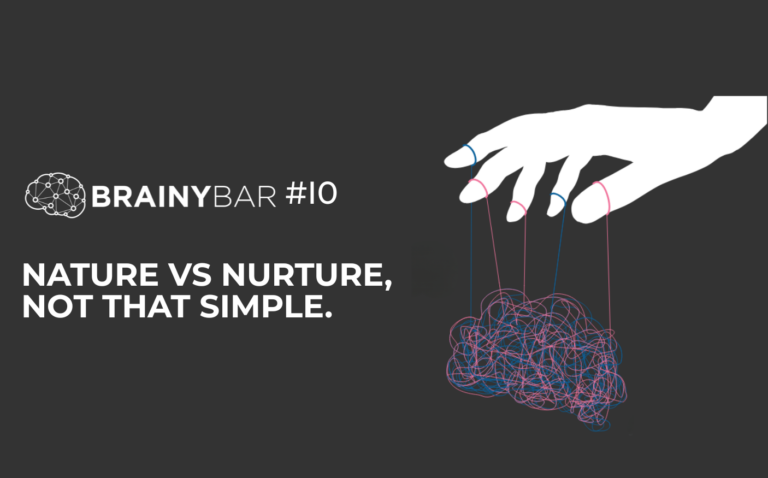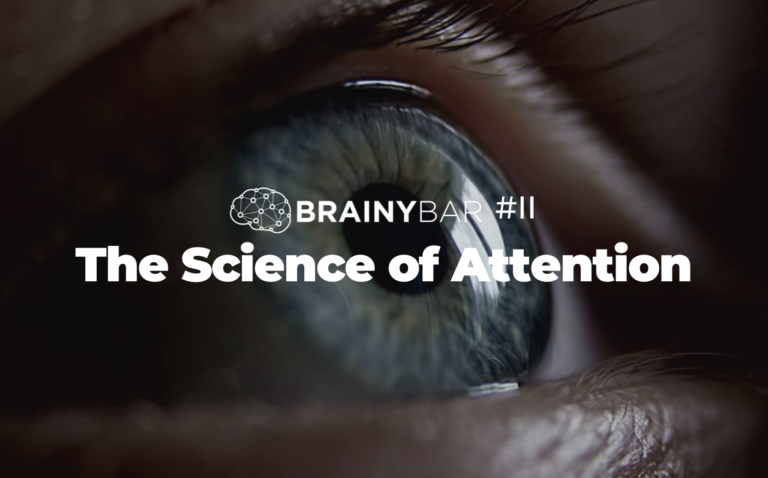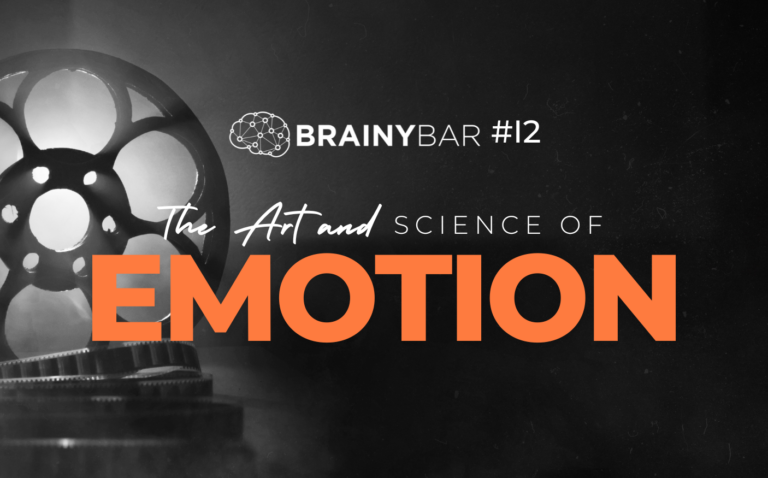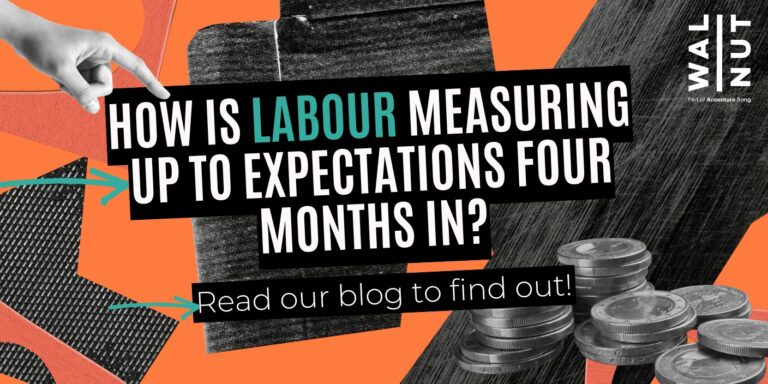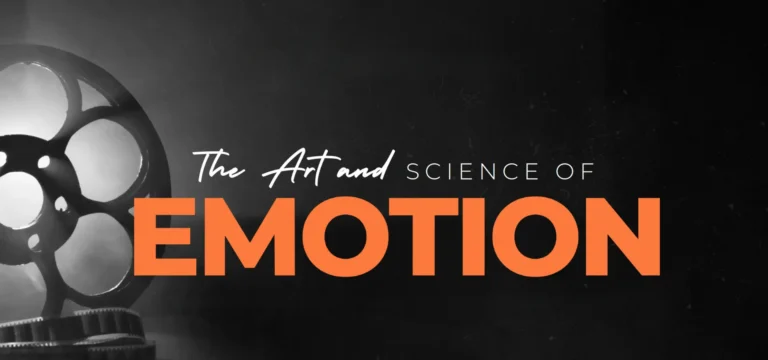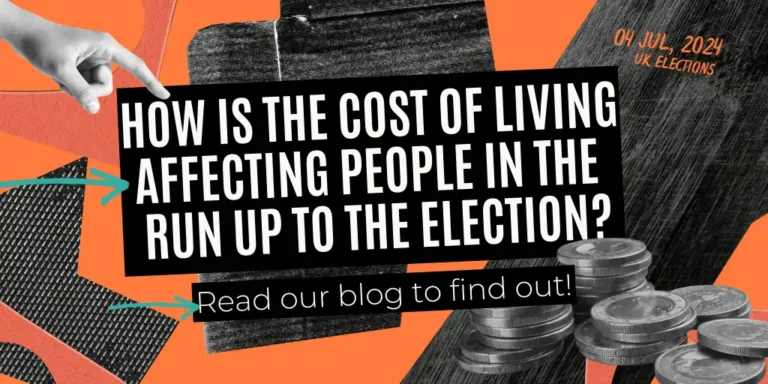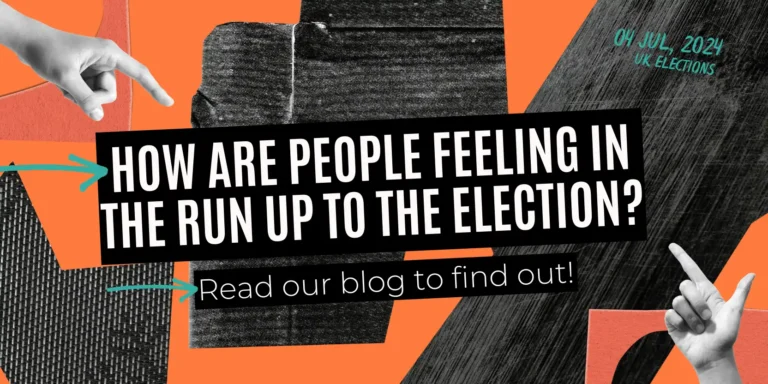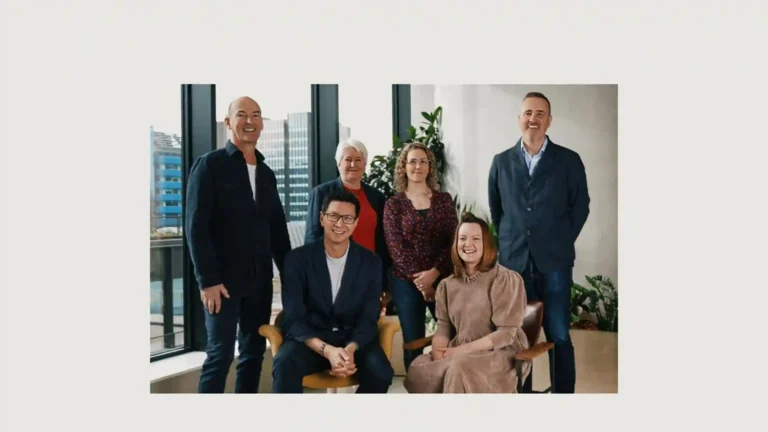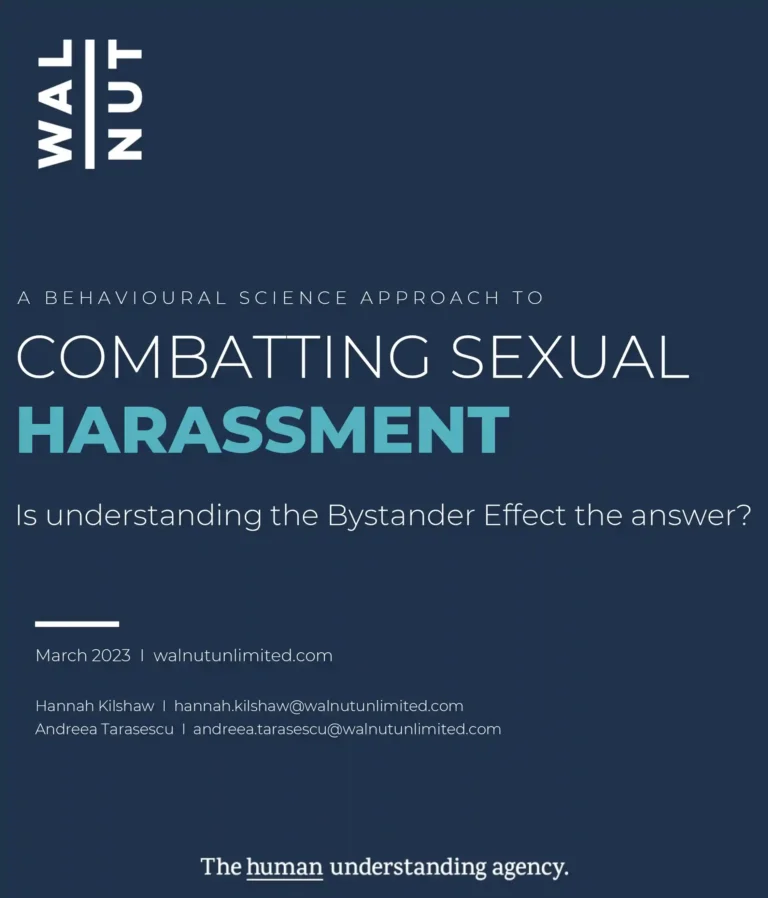One Year On From Consumer Duty
30th July 2024
Becky McGee

ONE YEAR ON FROM CONSUMER DUTY
31st July 2023 marked the date the Financial Conduct Authority’s flagship rules on Consumer Duty went into effect. 1 year on, what have we learnt from helping our clients deliver on fulfilling Consumer Duty?
For those not familiar, the new Duty sets higher and clearer standards of consumer protection across firms with a key role in delivering retail customer outcomes and requires these firms to put their customers’ needs first. A core pillar of Consumer Duty is ‘Consumer Understanding’: ensuring all consumers (including those in a more vulnerable position) fully understand any documentation or communication received from these firms so they can make informed decisions and avoid foreseeable harm.
As the human understanding agency, our main involvement has been in helping clients deliver on the ‘Consumer Understanding’ pillar, which is what our learnings focus on.
1. Variety of approaches
Clients are approaching addressing Consumer Duty in a variety of ways. Some are preferring a qualitative-led approach, others are focused on regular short surveys among consumers; some opt for a mixture of both. All have their merits and we are using our experience to advise clients on the best approaches to fit the specific Duty-related objectives. For example, we find the first full review of a piece of comms or webpage is best suited to an in-depth interview approach, while re-testing the improvements made is achievable via a quantitative approach using a battery of benchmarked statements.
Get in touch with me if you’d like to discuss the best methodology to suit your objectives.
2. Upskilling in behavioural science
Clients have needed to upskill their key teams on behavioural science. Throughout the FCA’s guidance, there are references to behavioural biases, such as:
- ‘Not seek to exploit customers’ behavioural biases’
- ‘Understand and take account of behavioural biases’
- ‘Proactively consider how consumers’ behavioural biases, such as inertia, might lead their products or services to cause foreseeable harm’.
Without understanding what these biases are and how they can be applied, how can clients be fulfilling this important part of the Duty?
Walnut’s behavioural science team have been helping our clients upskill via training sessions, embedding BeSci techniques into their client’s own customer surveys as well as the research we run for them. We’ve also run some best-in-class customer comms consultancy; not just making them easier to understand and action but also improving brand tone of voice and engagement and providing playbooks to reference in future comms.
If you would like support in applied behavioural science for Consumer Duty, please contact our Be-Sci Research Director Jenifer Eketone.
3. Focus on those in vulnerable positions
To me, one of the most important learnings from Consumer Duty has been a much-needed focus on protecting consumers who are in vulnerable positions. Different clients identify vulnerabilities in different ways, but the Duty encompasses those with financial, social, physical, or mental vulnerabilities. Seeking to understand their unique challenges to improve the good outcomes has been such a vital task, and we’ve been implementing better ways to recruit and conduct research among these more vulnerable respondents too.
If you would like to know more, please contact our Research Director Anjul Sharma-Higgins who has spoken widely on this topic.
4. Looking ahead
Now we’ve reached the one-year point, conversations are turning to tracking, benchmarking, and re-testing, as well as more of a focus on applying the same emphasis on customer service as on comms. Many have now completed an initial review of their key comms and implemented changes and improvements, however, the FCA’s guidance is clear that this is a rolling requirement and demonstrating regular monitoring and reviews is key to compliance. Indeed, in a publication from the FCA earlier in the year, one area for improvement was that some ‘firms need better data and monitoring strategies’.
Our Research Director Jamie Halliday has been working extensively with clients on embedding Consumer Duty. Get in touch with him here if you would like a conversation to help you in this area.
What’s next for Consumer Duty?
Looking forward, it’s been great to see many clients not treat Consumer Duty as a box ticking exercise, rather, looking to make these positive changes stick via broader organisational culture change. Cultural change is a big challenge, and we are partnering with our new colleagues at Accenture Song to see how we can help clients embed this positive focus on the customer.
It has been a continued privilege to advise our clients on the best ways to fulfil these Duty obligations. Don’t forget, if you’re keen to find out more about the ways in which we can help you, please message me or one of the team.
More Insights

Exploring attitudes towards debt policies supporting people who are struggling with debt burden in Britian – March 2024

It drew me in… Christmas advertising is not only about storytelling, it is about the story of us as humans
NEWSLETTER
Sign up for the latest treats straight to your inbox








